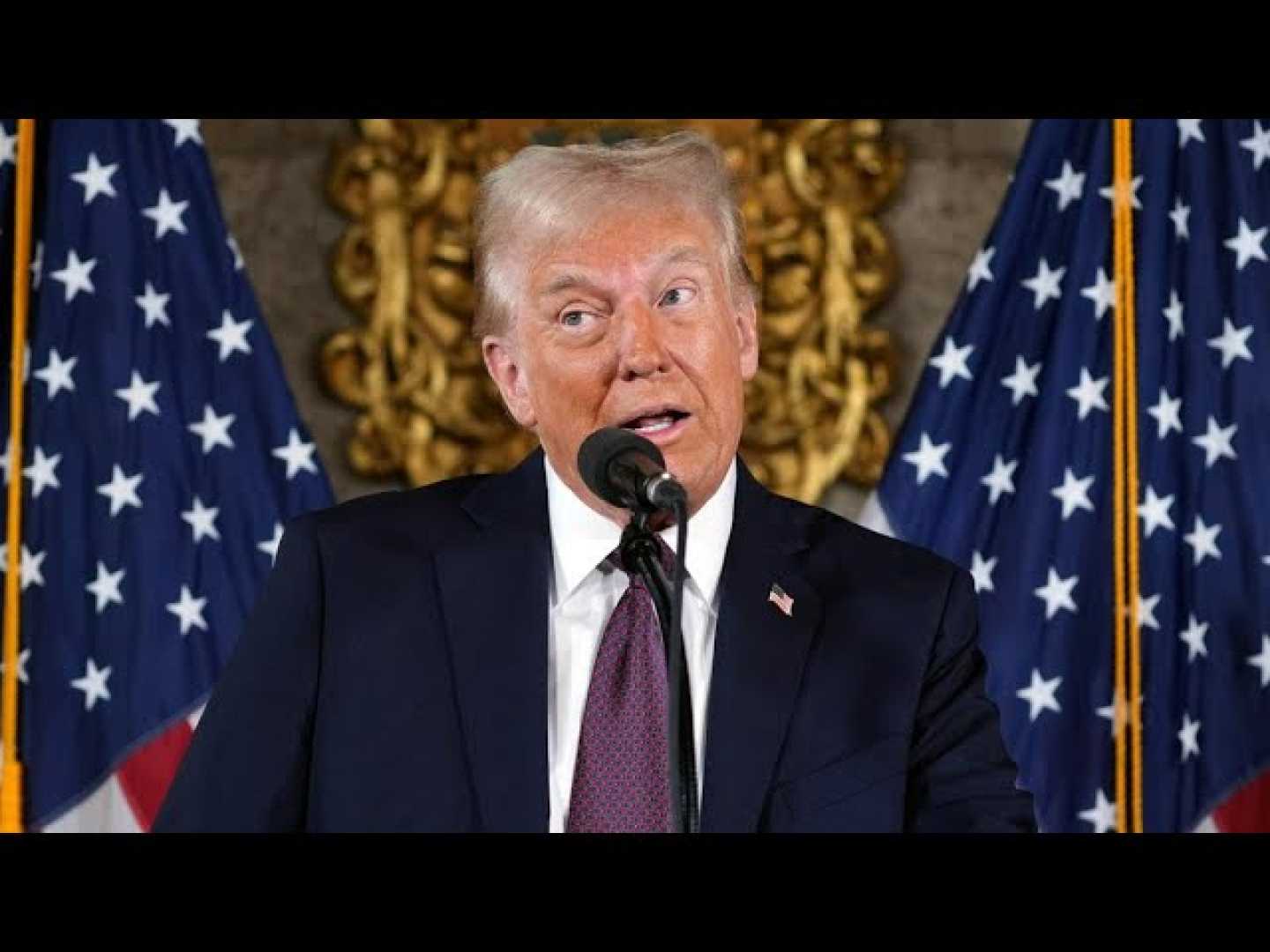Politics
Trump Announces Plan to Create External Revenue Service for Foreign Tariffs

WASHINGTON (AP) — President-elect Donald Trump announced plans Tuesday to establish a new agency, the External Revenue Service (ERS), aimed at collecting tariffs and revenues from foreign nations. The announcement, made on his social media platform Truth Social, marks a significant shift in U.S. trade policy as Trump prepares for his second term in office.
“We will begin charging those that make money off of us with Trade, and they will start paying,” Trump wrote. He compared the proposed ERS to the Internal Revenue Service (IRS), which handles domestic tax collection. The creation of the ERS would require congressional approval, with Republicans currently holding majorities in both the House and Senate.
Trump has tapped two prominent business leaders to lead a nongovernmental task force tasked with reducing the size of the federal government, cutting programs, and slashing regulations. This effort is part of his broader “Save America” agenda. Tariffs, including potential levies of 25% on goods from allies like Canada and Mexico and 60% on Chinese imports, have become a cornerstone of Trump’s economic strategy.
Economists have expressed skepticism about the effectiveness of tariffs, arguing they are an inefficient way to raise revenue and could harm economic growth. Democratic lawmakers have also criticized the plan. “No amount of silly rebranding will hide the fact that Trump is planning a multi-trillion-dollar tax hike on American families and small businesses to pay for another round of tax handouts to the rich,” said Oregon Sen. Ron Wyden, the top Democrat on the Senate Finance Committee.
At a press conference at his Mar-a-Lago estate last week, Trump vowed to impose “substantial tariffs” on Canada and Mexico if they fail to curb the flow of drugs and migrants across U.S. borders. He also suggested levying minimum tariffs of 10% to 20% on all imported goods, with higher rates for specific countries like China.
Trump’s transition team is reportedly exploring executive authority under the International Emergency Economic Powers Act to gradually increase tariffs by 2% to 5% monthly. Scott Bessent, Kevin Hassett, and Stephen Miran, Trump’s nominees for key economic roles, are leading the development of this strategy.
Critics note that federal agencies like the Department of Commerce and U.S. Customs and Border Protection already handle tariff collection. However, Trump’s plan aims to centralize and expand these efforts, particularly targeting China for its alleged role in drug smuggling and trade imbalances.
Trump’s aggressive tariff strategy has sparked debate over its potential impact on inflation and international trade relations. As the January 20, 2025, launch date for the ERS approaches, the proposal remains a focal point of his second-term agenda.












